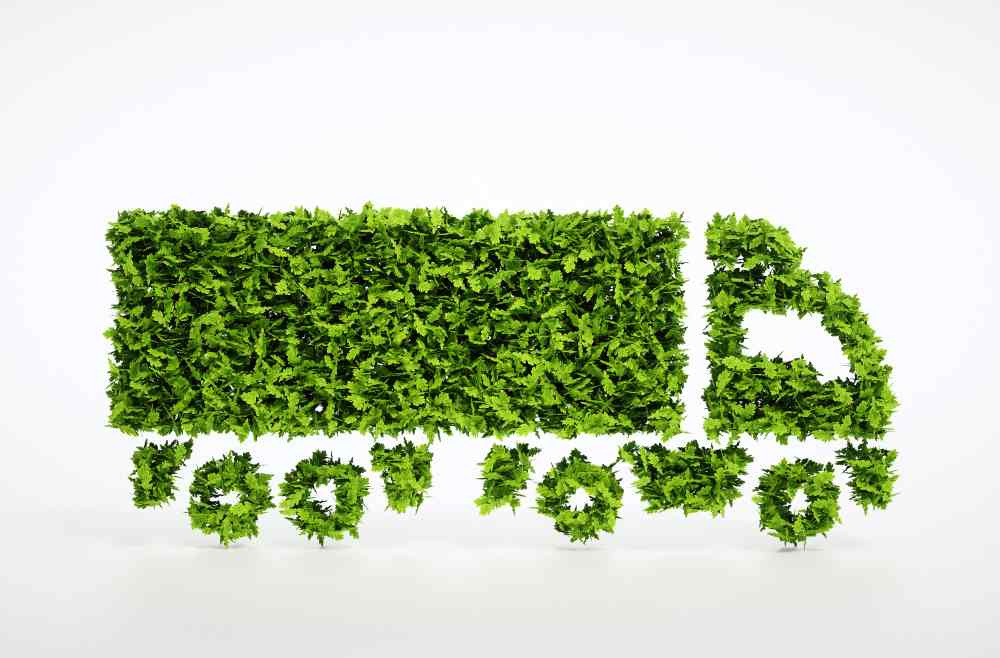
Malaysia’s logistics sector, the backbone of its trade-dependent economy, is undergoing a green revolution. As climate change intensifies and consumers demand eco-conscious practices, businesses are adopting innovative green logistics strategies to reduce carbon footprints, minimize waste, and enhance efficiency. This article explores real-world examples of green logistics in Malaysia, showcasing how companies and policies lead the charge toward sustainable supply chains. We also answer key questions about implementation and impact.
Green logistics refers to integrating environmentally friendly practices into supply chain operations. This includes:
Reducing emissions from transportation.
Optimizing energy use in warehousing.
Minimizing packaging waste.
Leveraging technology for efficiency.
In Malaysia, green logistics aligns with national goals like the Twelfth Malaysia Plan (2021–2025) and Carbon Neutrality by 2050, making it a strategic priority for businesses and policymakers.
1. Electric Vehicle (EV) Fleets in Last-Mile Delivery
Companies Leading the Way:
Pos Malaysia: The national postal service has integrated 30 electric vans into its fleet, reducing carbon emissions by 40% in urban areas like Kuala Lumpur and Penang. Partnering with Sime Darby Motors, they aim to transition 50% of their fleet to EVs by 2030.
DHL Malaysia: The logistics giant operates over 20 electric trucks for last-mile deliveries, supported by solar-powered charging stations at its hubs.
Impact:
Fuel Savings: EVs cut fuel costs by 50–70% compared to diesel vehicles.
Emission Reductions: Each EV van reduces CO₂ emissions by 4–5 tons annually.
2. Solar-Powered Warehouses and Distribution Centers
Case Studies:
Sunway Logistics Hub: This facility in Subang Jaya uses 2.5 MW of solar panels, meeting 30% of its energy needs. Excess energy is fed back into the grid, earning revenue through Malaysia’s Net Energy Metering (NEM) scheme.
IKEA Malaysia: The company’s distribution center in Pulau Indah runs entirely on solar power, reducing energy costs by RM 1.2 million annually.
Technology Used:
Smart lighting systems with motion sensors.
Energy-efficient HVAC systems.
Benefits:
Lower operational costs and reduced reliance on fossil fuels.
Enhanced compliance with Malaysia’s Green Building Index (GBI) standards.
3. Sustainable Packaging Initiatives
Innovators in the Space:
Lazada Malaysia: The e-commerce platform introduced recyclable cardboard packaging and eliminated single-use plastics in 70% of its deliveries. Customers can return packaging for reuse, earning loyalty points.
Tesco Malaysia: The supermarket chain uses biodegradable cornstarch bags for online grocery deliveries, reducing plastic waste by 15 tons annually.
Collaborations:
Partnerships with startups like TerraCycle to recycle complex materials (e.g., bubble wrap).
Impact:
Reduced landfill waste and lower packaging costs over time.
4. AI and IoT for Route Optimization
Tech-Driven Solutions:
Grab Malaysia: The ride-hailing giant uses AI algorithms to optimize delivery routes for its GrabFood and GrabExpress services, cutting fuel consumption by 20%.
Ninja Van: The logistics company employs IoT-enabled sensors to monitor vehicle performance and cargo conditions, reducing idling time and spoilage of perishable goods.
Outcomes:
Lower Emissions: Optimized routes decrease fuel use by 15–25%.
Faster Deliveries: AI reduces average delivery times by 30 minutes in congested cities like Johor Bahru.
5. Green Port Initiatives
Port Klang’s Sustainability Push:
As Malaysia’s busiest port, Port Klang handles 13 million TEUs annually. Its Green Port Policy includes:
Shore power systems to docked ships, reducing onboard diesel generator use.
LNG-powered cranes and equipment, cutting port-related emissions by 15%.
A Port Community System digitizing workflows to minimize paper use.
Penang Port: Installed solar panels to power administrative buildings and cargo-handling equipment.
Benefits:
Compliance with the International Maritime Organization’s (IMO) 2020 sulphur cap regulations.
Improved air quality for nearby communities.
MyHIJAU Certification
Managed by the Malaysian Green Technology Corporation (MGTC), this certification recognizes businesses adopting sustainable logistics practices. Over 200 companies, including logistics firm GD Express, have achieved MyHIJAU status.
Green Investment Tax Allowance (GITA)
Offers tax exemptions for investments in green logistics tech, such as EVs and solar panels.
National Automotive Policy (NAP) 2020
Promotes EV adoption through subsidies for commercial EV buyers and charging infrastructure development.
Challenges in Scaling Green Logistics
High Initial Costs: Without grants, SMEs struggle to afford EVs or solar installations.
Skill Gaps: Lack of trained personnel to manage advanced systems like IoT or renewable energy.
Infrastructure Limitations: Rural areas lack EV charging stations and efficient recycling facilities.
Future Trends in Malaysian Green Logistics
Hydrogen-Powered Trucks: Trials underway by MARA and Sime Darby for long-haul freight.
Blockchain for Transparency: Tracking carbon footprints across supply chains.
Circular Economy Models: Companies like Faber-Castell Malaysia recycling used products into new packaging.
What are green logistics practices?
Green logistics practices include using electric vehicles, solar energy, sustainable packaging, and AI-driven route optimization to reduce environmental impact.
Which Malaysian companies use electric vehicles for logistics?
Pos Malaysia, DHL, and Lalamove have integrated EVs into their delivery fleets.
How do solar-powered warehouses benefit businesses?
They lower energy costs, reduce carbon emissions, and qualify companies for government incentives like tax breaks.
What role does technology play in green logistics?
AI optimizes delivery routes, IoT monitors cargo conditions, and blockchain ensures supply chain transparency.
Are there government programs supporting green logistics?
Yes, initiatives like MyHIJAU certification, GITA tax allowances, and the National Automotive Policy 2020 provide funding and recognition.
From solar-powered warehouses to AI-optimized delivery routes, Malaysia is proving that green logistics is both feasible and profitable. Companies like Pos Malaysia, Sunway Logistics, and Port Klang are setting benchmarks for sustainability, while government policies create an enabling environment for innovation. Though challenges like costs and infrastructure persist, businesses, policymakers, and consumers' collective efforts drive meaningful progress.
As Malaysia strides toward its 2050 net-zero target, green logistics will remain a cornerstone of its economic and environmental strategy. Businesses that adopt these practices today will not only future-proof their operations but also contribute to a healthier planet.
| Categories: | Items for Sale / Heavy Equipment |
| Phone: | +04-582 2555 |
| Address: | Lot 2196, Jalan Raja Abdullah, 45800 Jeram, Selangor. |
| Website: | View our site |
| Email: | info@emtsgroup.com |